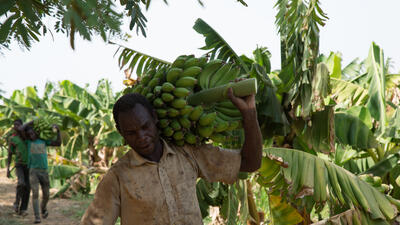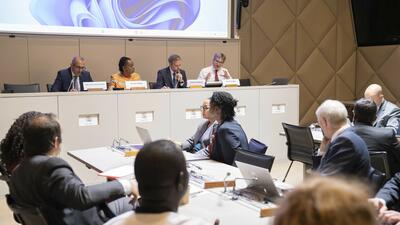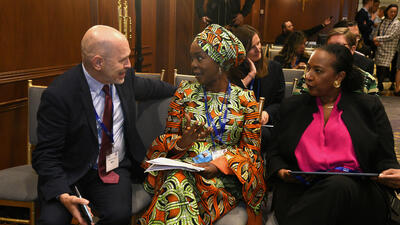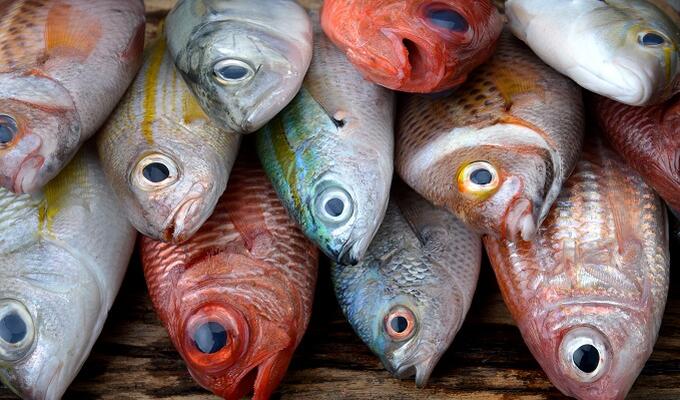
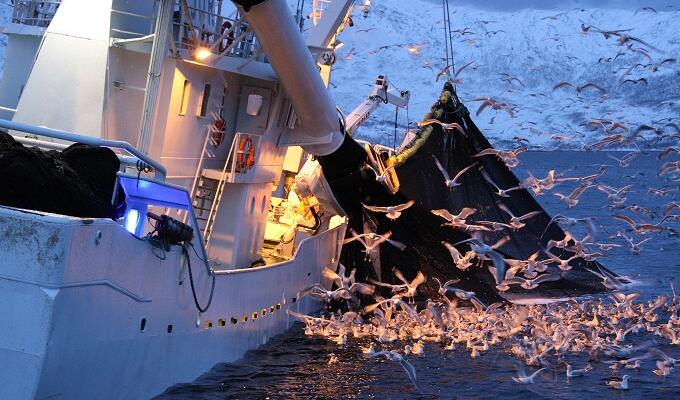
Tackling harmful fisheries subsidies for a sustainable future
Officials meeting at the WTO’s Ministerial Conference must find common ground to address biodiversity, nutritional needs
Trade ministers will soon be arriving in Buenos Aires, Argentina, for four days of intense negotiations aimed at endorsing a series of concrete deliverables and establishing the course of future World Trade Organization (WTO) work. A key question heading into the 11th WTO Ministerial Conference will be whether the organization’s members can clinch a long-awaited deal to ban harmful fisheries subsidies.
Though political expectations of a deal are high, a number of technical challenges must be overcome before negotiators can reach an understanding of where common ground might lie. Also at the top of negotiators’ minds is figuring out how to ensure an outcome makes a meaningful contribution towards subsidy reform while also addressing the special needs of developing countries.
Negotiators have an additional political factor that they will need to consider. Over two years ago United Nations member states signed off on 17 Sustainable Development Goals (SDGs) for governments to reach by the year 2030. One of these, Goal 14, deals specifically with ocean conservation and sustainable use. This Goal includes among its targets the elimination of subsidies that support illegal, unreported and unregulated (IUU) fishing, along with banning those that lead to overcapacity and overfishing, under the WTO framework by 2020.
In practice, this means that WTO negotiators now have a concrete deadline for results. While they have an end date of 2020 for the prohibition of certain subsidies, the commitment is to have already eliminated subsidies to IUU fishing by that point.
UN agencies, academics, and conservation advocates have warned for decades that the world’s fisheries are under dangerous strain. Overfishing has led to nearly one-third of the world’s stocks being tapped to the point where they cannot generate their maximum sustainable yields, according to data from the Food and Agriculture Organization of the United Nations (FAO). This situation has negative ramifications for biodiversity and for human nutritional needs given the health benefits of fish as a source of animal protein.
Research from the University of British Columbia places the level of fishing subsidies globally at up to US$35 billion, with approximately US$20 billion going toward capacity-enhancing subsidies that worsen the imbalance between overly powerful fishing fleets and increasingly limited fish resources, thus exacerbating the problem of overfishing. This data relies heavily on estimates as accurate data on fishing subsidies is notoriously hard to acquire, making it difficult to quantify the true scale of the problem.
IUU fishing complicates efforts to manage fisheries sustainably, making it harder to judge which stocks are being targeted and whether catch quotas are appropriate to the problems at hand, the international advocacy and research group Oceana notes. Illicit fishing can also have devastating effects on the livelihoods of law-abiding fishers while putting the health and safety of their own workers at risk.
Progress in the WTO fisheries talks has been difficult to achieve despite the heightened political momentum from the SDGs. WTO members have struggled to define the potential shape and scope of a final deal. Designing provisions effective enough to counter environmental damage, ensure the livelihoods of smaller fishers and make it easier to meet the growing global population’s nutritional needs has also been problematic.
Ideally a final agreement would be based on clear-cut terms that are both easy to implement and enforce, including a set of commonly understood definitions and a well-defined scope. Transparency will also be an important part of any WTO accord, though improving data will require significant commitment within national bureaucracies.
Reaching a comprehensive deal in Buenos Aires is looking increasingly challenging given the current state of play in the WTO negotiations. Still, disciplines on subsidies to IUU fishing and a few other select areas are emerging as the strongest contenders for short-term action. Establishing binding commitments on phasing out subsidies to overfishing and overcapacity appear to be candidates for future work between now and 2019, given the 2020 deadline outlined under SDG 14.
A robust set of WTO disciplines would play a valuable role in sustainable ocean conservation and use. However, this is just one facet of a deeply complicated policy area and a comprehensive response will require additional complementary action at the domestic and international levels.
There are a range of complementary measures for tackling the problems of IUU fishing, increasingly depleted stocks and overcapacity that could support future action on subsidies. Examples include ensuring the appropriate enforcement of the 2009 FAO Port State Measures Agreement (PSMA) and catch documentation schemes; improving traceability in seafood supply chains; and adopting technologies and practices that facilitate information-sharing and support the monitoring of WTO disciplines and others.
The WTO negotiating efforts have an essential part to play in safeguarding our marine resources. This global public good will require a collective, multi-faceted approach, both now and in the years to come.




